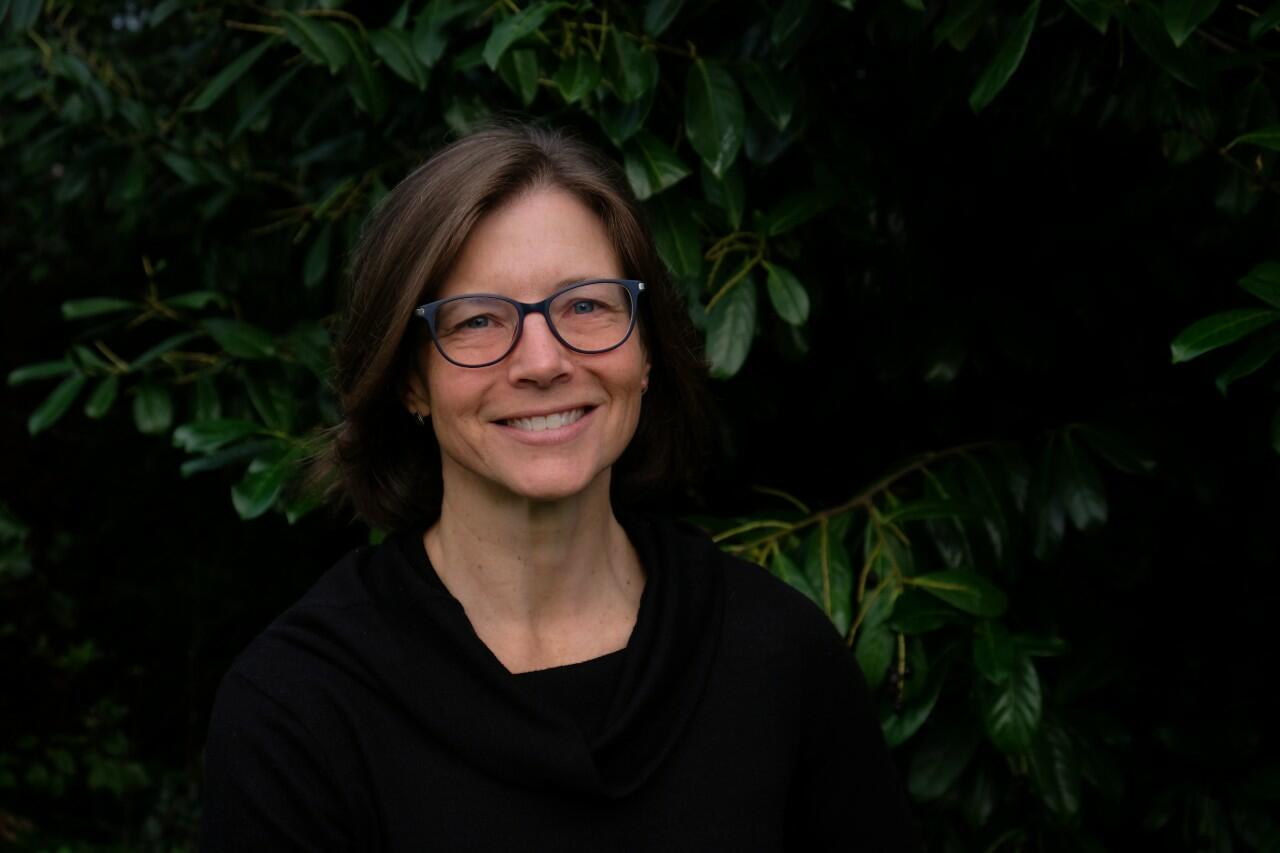
Dr Lauren Cohee has recently joined LSTM’s Clinical Sciences team, taking up the new post of Reader in Paediatrics and Child Health. She joins us from the University of Maryland School of Medicine. Here she talks about her research interests and how it fills a gap in LSTM’s current portfolio.
Hi Lauren. Good to meet you. Can you tell us a bit about your background and research interests?
Sure. I'm a paediatric infectious disease specialist. I did my medical degree and paediatric training at Johns Hopkins School of Medicine and then a Fellowship in Infectious Disease and Tropical Paediatrics as well as a Master’s in Clinical Research with a focus on Epidemiology at the University of Maryland. My research focus is on malaria epidemiology and transmission reservoirs - who passes the parasite on to the mosquito, continuing the cycle of parasite replication. I developed my passion for malaria research while working at the US Centers for Disease Control prior to my medical training. Over the last 12 years I have led observational studies and clinical trials in Malawi, primarily through the Malaria Alert Centre which sits right next door to LSTM’s Malawi Liverpool Wellcome (MLW) programme. In that time I've grown increasingly interested in malaria in school-age children and in the health of school-age children in general.
Is that the work you will continue to do at LSTM?
Yes, I will continue in those areas of focus but also hope to compliment other existing research programmes at LSTM. School-age children don't receive the attention given to younger children who are at more risk of severe disease and mortality. However, malaria is the leading cause of death in primary school-age children in sub-Saharan Africa. Clinical malaria and what we sometimes refer to as ‘asymptomatic’ infections also have negative health and education consequences for school-aged children. One of my goals in improving school health is that we focus not only on the health-related outcomes but also the education-related outcomes, which speaks to broader goals of economic development. LSTM has led excellent studies focused on adolescent health, for example Prof. Phillips-Howard’s work on improving menstrual health and hygiene to support girls’ schooling. I am excited to work together to combine school health interventions as a means to improve both health and education. I hope this multidisciplinary approach will leverage broader support for such interventions.
I look forward to working with Profs. Feiko ter Kuile and Sarah Staedke on trials related to malaria chemoprevention and monoclonal antibodies as well as optimising combinations of antimalarial interventions to reduce burden in high transmission areas. My clinical background in paediatrics and experience will also allow me to help design follow-up of infants born to participants in studies of malaria and other pathogens during pregnancy.
Why have you made the move from University of Maryland to LSTM?
I'm looking forward to the opportunity to work for an institution that's wholly focused on global health and to broaden my existing network of collaborations both in terms of disciplines and geography. LSTM’s support for building equitable partnerships is critical for successful global health research. While I will continue to work with the Malaria Alert Centre, I hope to learn and engage with the team at MLW as well to develop studies with the LSTM/KEMRI team. I also hope to build collaborations, for example with social scientists and health economists, at LSTM to expand my research focused on decreasing the burden of malaria in school-age children and school health in general.
As you know, it's LSTM’s 125th anniversary and we're increasingly thinking about the future of our research. What do you think are the major challenges we should be focusing on?
Two challenges I see in the future of global health research are ensuring equitable partnerships in our joint mission to improve health and the siloed nature in which we often consider health separately from, for example, education and climate change. LSTM’s focus on building equitable partnerships and learning from past experiences has been an attractive point for me. Focusing further on not only on North-South collaboration but also facilitating South-South collaborations will be an advantage.
Capacity development obviously is a big part of that. Is that going be part of your role?
Yes, I anticipate continuing to develop research capacity by supporting studies with partners in Malawi. I also look forward to training new investigators at LSTM and research leaders in Malawi, Kenya and Uganda. In particular, I am interested in contributing to LSTM’s efforts to support trainees’ development of the ancillary skills required for successful research, for example mentorship and scientific writing.
That’s great. Thanks for your time.